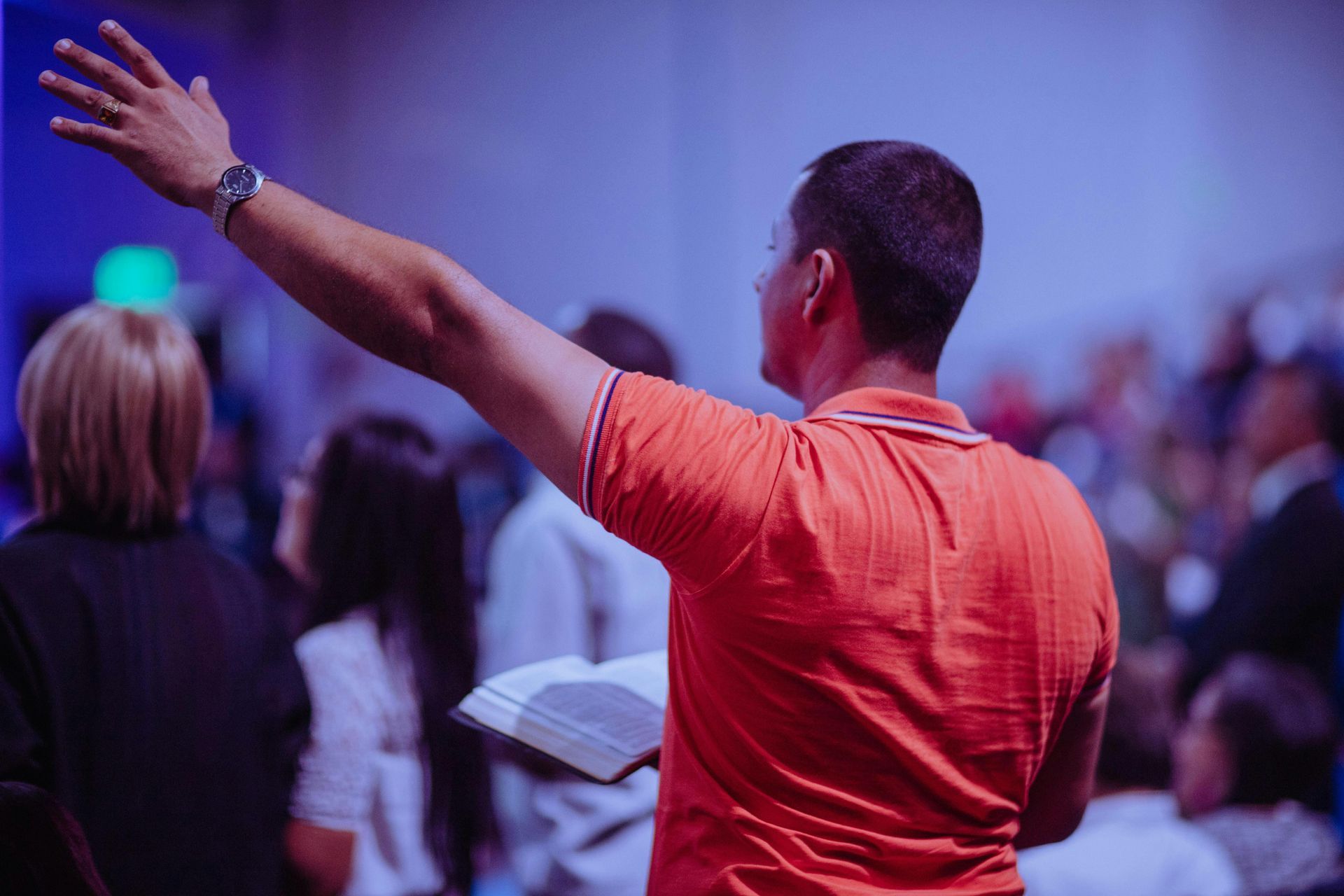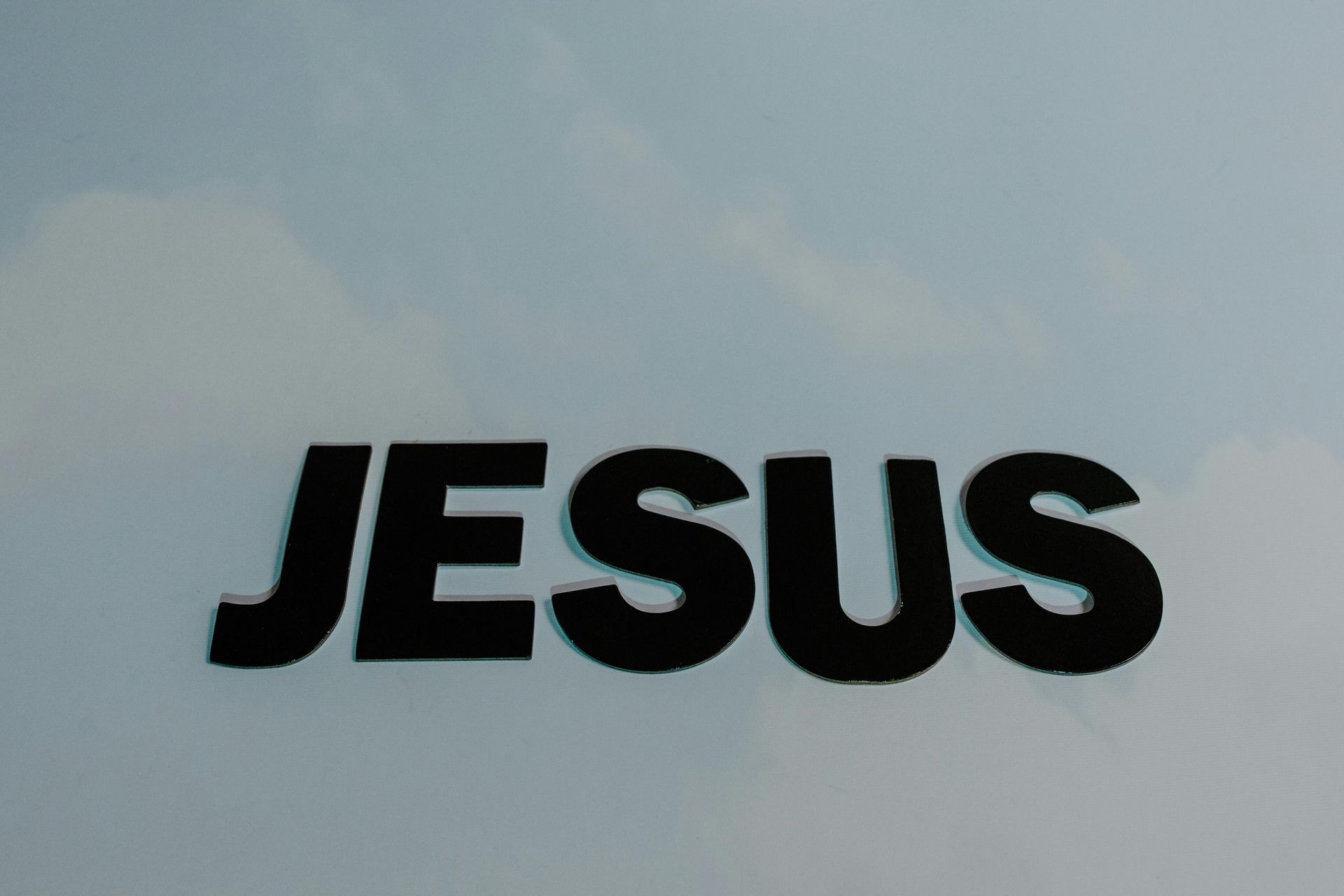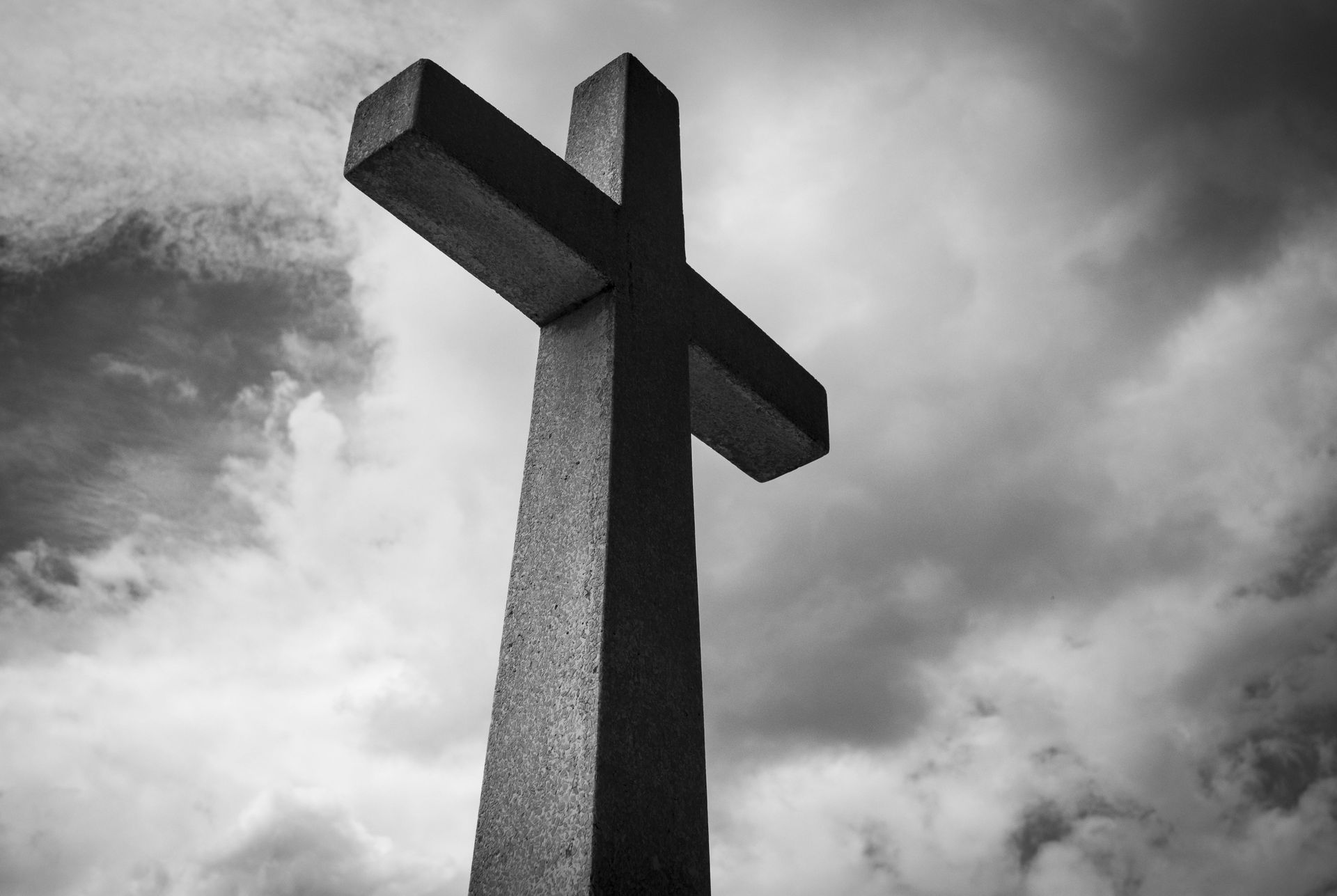Jesus, the Pharisee, the Tax Collector and Me
Friends, Here’s the view from my study this Monday morning, the first Monday of June.
I’ve tried to give you a head start on the text for this Sunday and my emphasis in the text but, wow, when it came to the mercy seat, I just got carried away in study and ran out of time this morning. Then again, I love getting lost in the Word. That will probably be reflected in the sermon also. The OT mercy seat and its NT corresponding texts is a major theme in Scripture, kind of like the scarlet thread of redemption.
Anyway, my emphasis in this text this Sunday will be on saving faith and the majority of the message will be directed to the unsaved, the ‘ex nous,’ those outside, as C. S. Lewis called unbelievers. In the sermon I will be sharing the gospel and reminding our people of the joy of salvation by grace through faith. I hope it is a joyful, celebratory time for the people who know Jesus.
The staff and I are reading A Passion for the Impossible: The Life of Lilias Trotter by Miriam Huffman Rockness, which I would encourage you to also read. Throughout the book, Lilias understands the power of prayer and relies on it to keep her and her friends safe in Algeria, (English women in a Muslim country in the middle of the 19th century) and to prosper the Gospel. Thank you for your prayers for your CG, Heritage, the Word and me.
My prayer for you is that you will find Jesus to be your all-in-all this week, that he will fill your soul, home, and every place you go with His felt presence. Thank you, thank you, thank you, for loving Jesus.
Here’s what I have for the sermon so far.
Jesus, the Pharisee, the Tax Collector and Me
(Saving Faith)
Luke 18:9-14
Intro: In this section of Luke, Jesus is still on his way to Jerusalem (9:51-19:27). He’s meeting many people, but Luke has chosen several specific encounters to highlight various themes in Jesus’ ministry and teaching.
In this chapter, Jesus
a) tells the story of a widow and a tax collector, and
b) meets children, a rich ruler and a blind beggar
Each of these stories provide us with Jesus’ definition of faith. In this particular story, it’s the definition of saving faith.
First: The Self-Righteous Heart. 9
It is rare but as in the last story, Luke tells us at the very beginning of this story, what it is all about.
V 9 - He also told this parable to some who trusted in themselves that they were righteous, and treated others with contempt:
a) They thought themselves righteous
b) They treated others with disdain
c) A result of grace – grace makes us all equal, unable to
Remember last week I mentioned that God is the only self-defining entity in existence. We can’t judge ourselves appropriately.
1 – We all have the same problem
Jeremiah 17:9 - The heart is deceitful above all things, and desperately sick; who can understand it?
2 – Unbelievers have a particular problem
2 Corinthians 4:4 - …the god of this world has blinded the minds of the unbelievers, to keep them from seeing the light of the gospel of the glory of Christ,
Second: Two Different People. 10
a) A Pharisee
b) A tax collector
c) God’s view – we are all sinners
Romans 3:10 - None is righteous, no, not one;
Romans 3:23 - for all have sinned and fall short of the glory of God
(v 24-25 - and are justified by his grace as a gift, through the redemption that is in Christ Jesus, 25 whom God put forward as a propitiation by his blood, to be received by faith.
(Hallelujah for the cross!)
Third: The Faithless Prayer. 11-12
a) “Standing by himself”….(Pharisee = separated)
b) “God, I thank you that I am not like other men…” – comparison
c) “I fast twice a week…” – self-righteous
IMP: Self-righteousness is an oxymoron.
1 - When we get saved, God grants us Jesus’ righteousness.
2 – It is an alien righteousness, never ours
3 – It is a declaration based on what Jesus has done, not on us at all
Fourth: The Faith-Focused Prayer. 13
Merciful = hilaskomai = to make propitiation
The Greek translation of the OT uses the Greek word hilasterion, propitiation, for the Hebrew word, kappuret.
Picture of mercy seat:
ILL – On top of the ark was the mercy seat, flanked by two cherubim (Ex 25:19). Once a year, on the Day of Atonement, the High Priest, walked into the Holy of Holies and sprinkled blood on the mercy seat. In response, God’s shekinah glory filled the Holy Place and God met Israel there.
Exodus 25:22 – There I will meet with you.
John 20:12 – When Mary Magdalene wetn to the empty tomb, she found
“she saw two angels in white, sitting where the body of Jesus had lain, one at the head and one at the feet.”
(Stop for a moment and let your heart say, “Hallelujah!”)
In the NT, that mercy seat has been transformed into at the throne of grace (Hb 4:16).
IMP: What is the difference between mercy and grace?
1 – Mercy = rachimim = compassion
2 – Grace = hesed = favor
1 – Mercy points to forgiveness
2 – Grace grants unmerited favor
Romans 3:21-25 - But now the righteousness of God has been manifested apart from the law, although the Law and the Prophets bear witness to it— 22 the righteousness of God through faith in Jesus Christ for all who believe. For there is no distinction: 23 for all have sinned and fall short of the glory of God, 24 and are justified by his grace as a gift, through the redemption that is in Christ Jesus, 25 whom God put forward as a propitiation [hilasterion/mercy seat] by his blood, to be received by faith.
Fifth: Jesus’ Judgement. 14 – “I tell you, this man went down to his house justified…”
ILL: Both of these men stepped into God’s courtroom but only one walked out justified – not by argument but by mercy.
Justified = dikaioo = declared righteous
Conclusion:
1 – To the proud – Don’t bring your spiritual resume. God isn’t hiring.
2 – To the broken – God’s mercy is greater than your sin.
3 – To everyone – Justification/Righteousness is found in Jesus alone, by faith alone.










